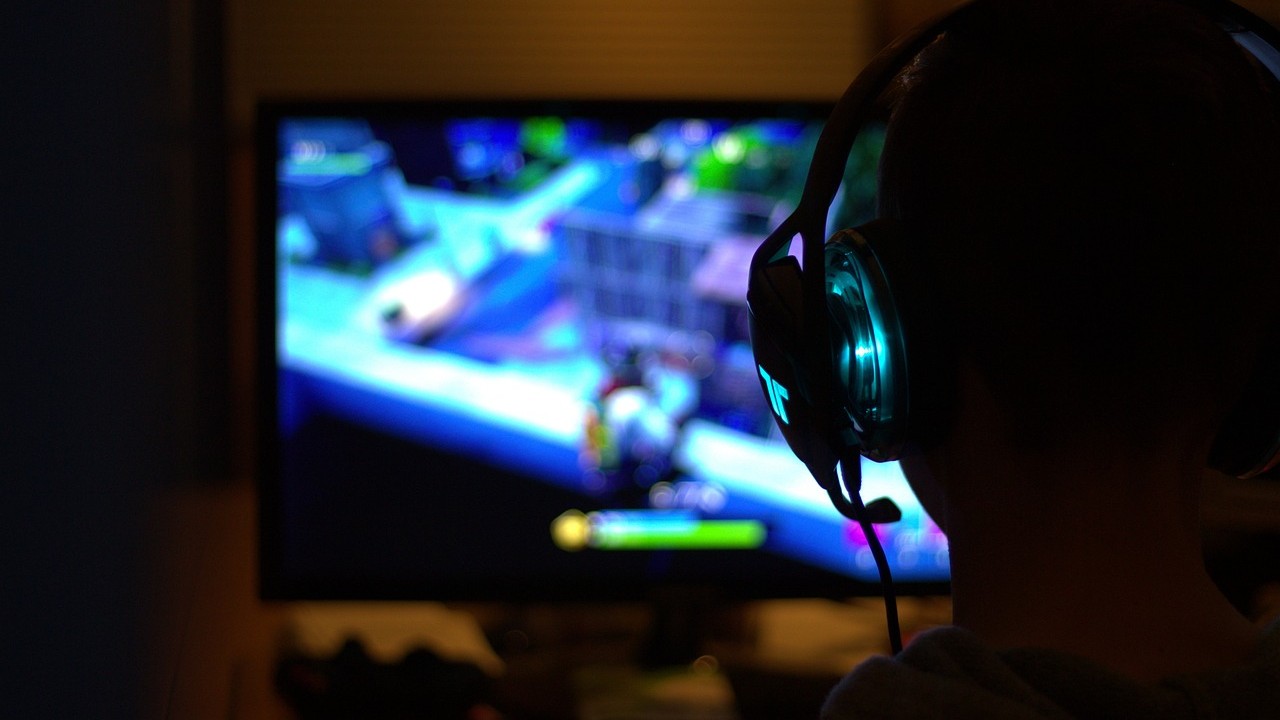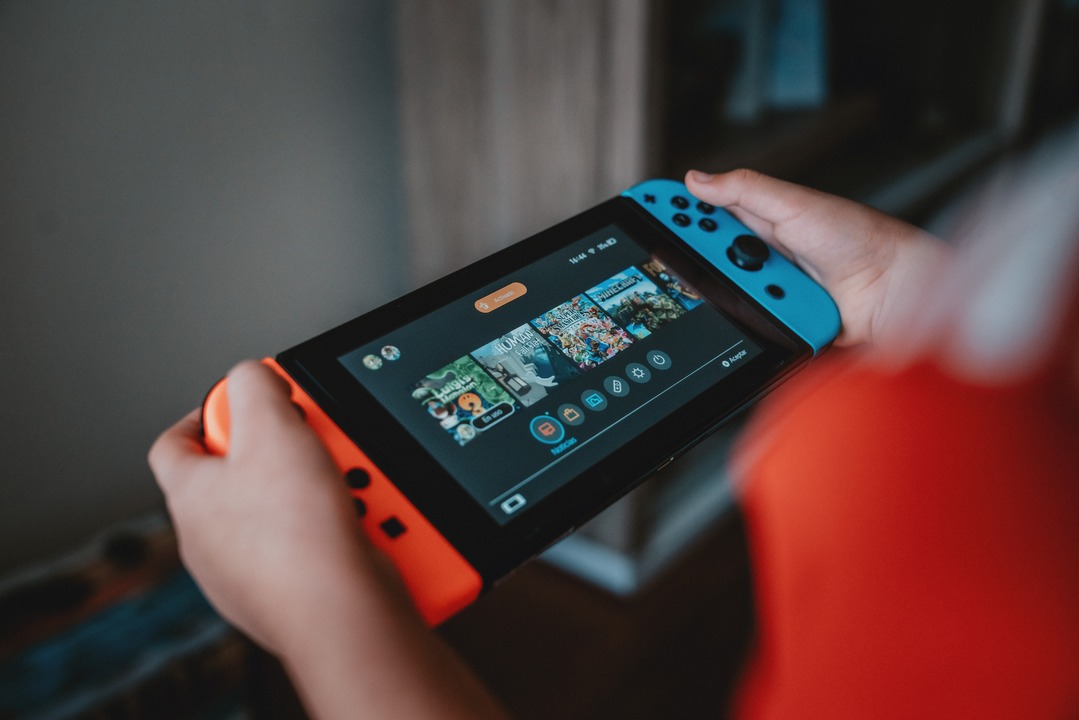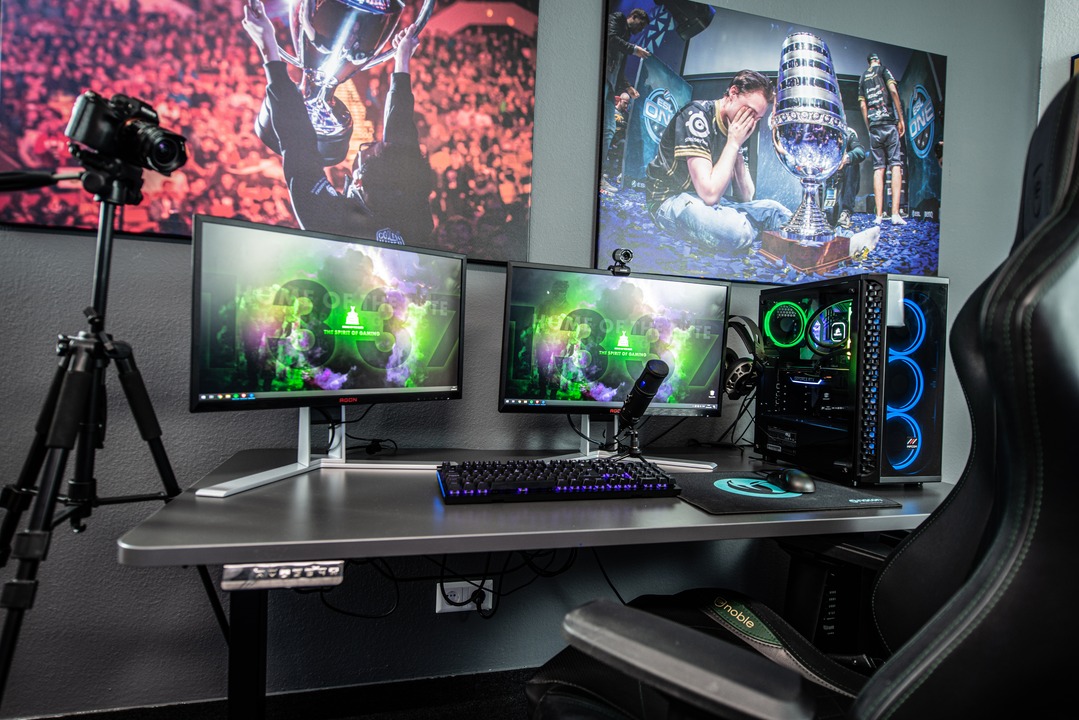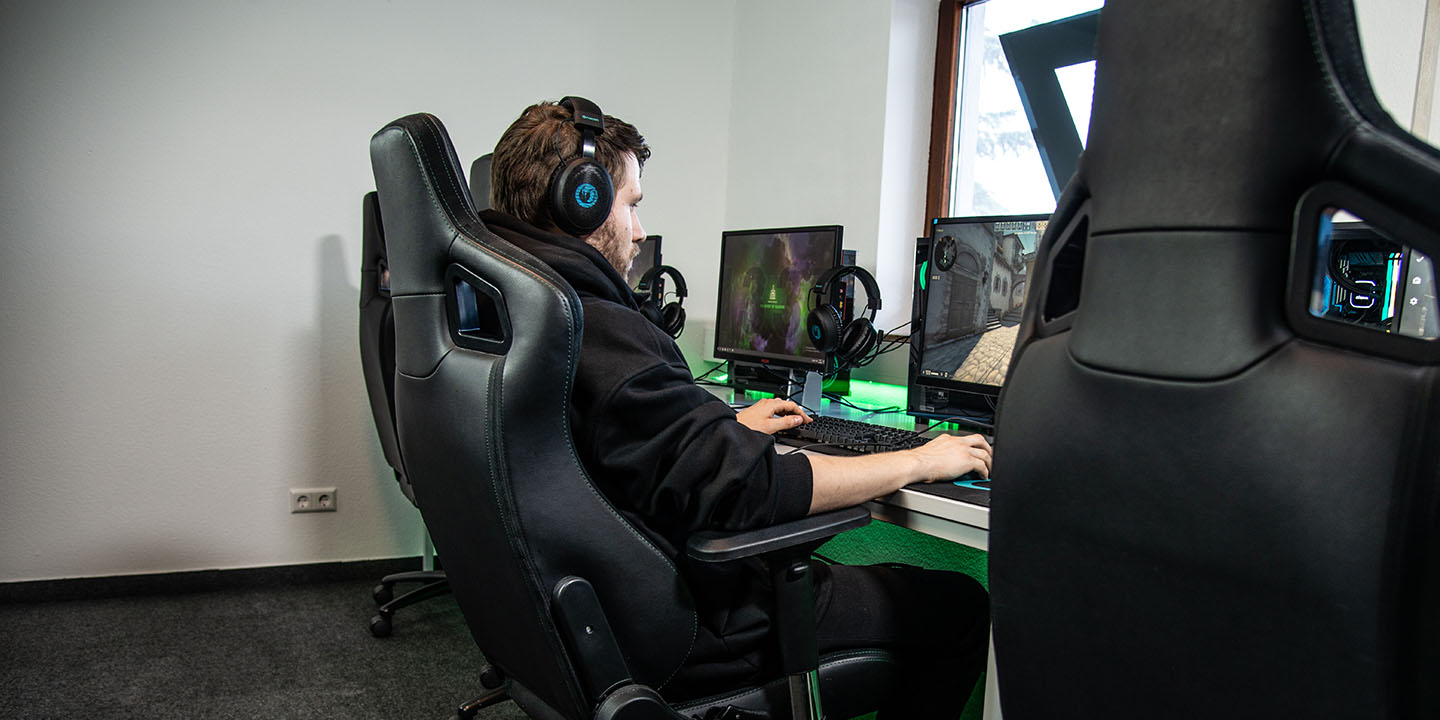Gaming: The Good, Bad, and Ugly
Could gaming really make your brain sharper? Well, research says it could—but excessive gaming might just wreck your health in the long run. Curious to see the good and the bad? Here are 10 ways gaming can make you smarter and 10 ways it can wreck your health.
1. Improves Problem-Solving Skills
The puzzles and challenges presented in video games can be highly complex and often require sharp, logical thinking to piece out. Each time you fail and try again, you're learning to be more resilient and adaptable, taking into account the limitations of the gameplay and understanding how best to level up.
2. Enhances Memory
It's not just specifically memory games that can boost your retention skills. More often than not, you're juggling several objectives while navigating through a virtual world, meaning your hippocampus is hard at work as it tries to make sense—and remember—everything around you.
3. Encourages Creativity
Some games allow you to be creative, giving you free rein to build your own weapons, essentials, and virtual world. Plus, as you're problem-solving through the numerous challenges you're given, you may sometimes let your creativity take the lead in how to approach certain solutions.
4. Better Spatial Visualization & Reasoning
Playing video games, whether in 2D or 3D, can improve spatial visualization and reasoning. This means you'll be able to better judge the space around you, which can be helpful in real life. It's also a key skill to have for careers in STEM.
5. Improves Social Skills
You might think the opposite, that gaming can make you more isolated and lonely, but if you're often teaming up with other players, you may actually see an improvement in your social skills. This can make it easier for you to make new friends and strike up conversations in real life.
6. Increase Physical Activity
Some games, like Nintendo Switch Sports and Just Dance, encourage movement. Instead of gaming while glued to a chair and hand to mouse, these games can actually help you shed a few pounds while also having fun—which may in turn lead you to make healthier lifestyle choices.
 Alexis AMZ DA CRUZ on Unsplash
Alexis AMZ DA CRUZ on Unsplash
7. Better Decision-Making Skills
On top of improving your problem-solving skills and memory, gaming can help you make better decisions. This is especially so for games that keep you on your toes, forcing you to make split-second choices and learning from them should you make mistakes.
8. Slow Down Signs of Aging
While research isn't conclusive on this, some studies have shown that gaming can actually slow down the aging process. Though this shouldn't be too surprising, given that some games push you to problem-solve, juggle tasks, and remember small details.
9. Helps with Emotional Regulation
If you're feeling upset, angry, or sad, playing video games might help. They can act as a coping method or a way to relieve feelings of stress, which can help you better regulate your emotions. Plus, you often need to stay calm under pressure to beat certain levels, so gaming helps in that sense as well.
10. Enhances Language Skills
Even if you're not using dedicated language-learning apps like Duolingo, video games may still help you improve your vocabulary and reading comprehension, or even teach you a new language if played in your non-native tongue. Research has also found that video games can help children with dyslexia read faster.
And yet, with all the benefits gaming can bring, it may still harm your health. Here are some ways it could be detrimental:
1. Eye Strain
Gaming too much can wreck your vision. Staring at bright digital screens for a long time also causes eye strain, which can lead to dry eyes, pain, headaches, and blurry sight. If you're constantly facing screens without giving yourself time for breaks, you can eventually damage your eye health.
2. Weight Gain
Aside from those that encourage movement, many video games are played sitting down, which can lead to weight gain and obesity. It may also make you more lazy, meaning you'd rather reach for quick snacks and treats to satisfy your hunger than get up and eat a nutritious meal.
3. Isolation
Sure, some multiplayer video games can improve your social skills, but many gamers also like to play alone and at home, which can feel extremely lonely and isolating. Over time, they may even develop social anxiety due to a lack of real-life interactions.
4. Teach Bad Behavior
Video games might be a great way to relieve stress and cope with difficult emotions, but extremely violent games may promote bad behavior, especially in impressionable kids and teens. They may also learn from the dialogue, characters, and storyline, which could have negative or inappropriate influences.
 Jessica Lewis 🦋 thepaintedsquare on Pexels
Jessica Lewis 🦋 thepaintedsquare on Pexels
5. Poor Sleep
Gaming can lead to poor sleep, as most gamers often stay up late to continue playing. This could then lead to insomnia and other circadian rhythm disorders, which can be incredibly detrimental to your overall health in the long run.
6. Poor Mental Health
As we've mentioned, some gamers may prefer to play alone and stay at home, which can lead to feelings of isolation and loneliness. Too much of a good thing can be a bad thing, and if gaming continues to take over your life, causing strain to both your mental and physical health and your relationships, it might lead to increased anxiety, depression, and other disorders.
7. Carpal Tunnel Syndrome
As gaming is often played with a keyboard and mouse, you may be more at risk of developing carpal tunnel syndrome if you play frequently and for long periods of time. Carpal tunnel syndrome is characterized by numbness and pain due to repetitive hand movements and the median nerve—one of the major nerves in your hand—being squeezed.
8. Addiction
Though a very small percentage of gamers develop video game addiction, it can still happen. Signs and symptoms may include poor performance at work and school, poor relationships, feeling distressed when games are taken away, and giving up other hobbies for gaming. Experts believe that the main root of the addiction is that gamers are hooked on the hit of dopamine (the "feel-good" hormone) they get every time they play or win a game.
9. Bad Posture
Excessive gaming doesn't just potentially lead to carpal tunnel; it can also lead to bad posture and neck, shoulder, and back pain. This doesn't come as a shock, given that most people hunch forward when playing in front of a monitor.
10. Interfere with Productivity & Other Responsibilities
Gaming could also negatively affect your productivity, meaning you may procrastinate your responsibilities in order to continue playing. This may eventually lead to mental health disorders (or may be a sign of it), and might even point to a gaming or dopamine addiction.


























